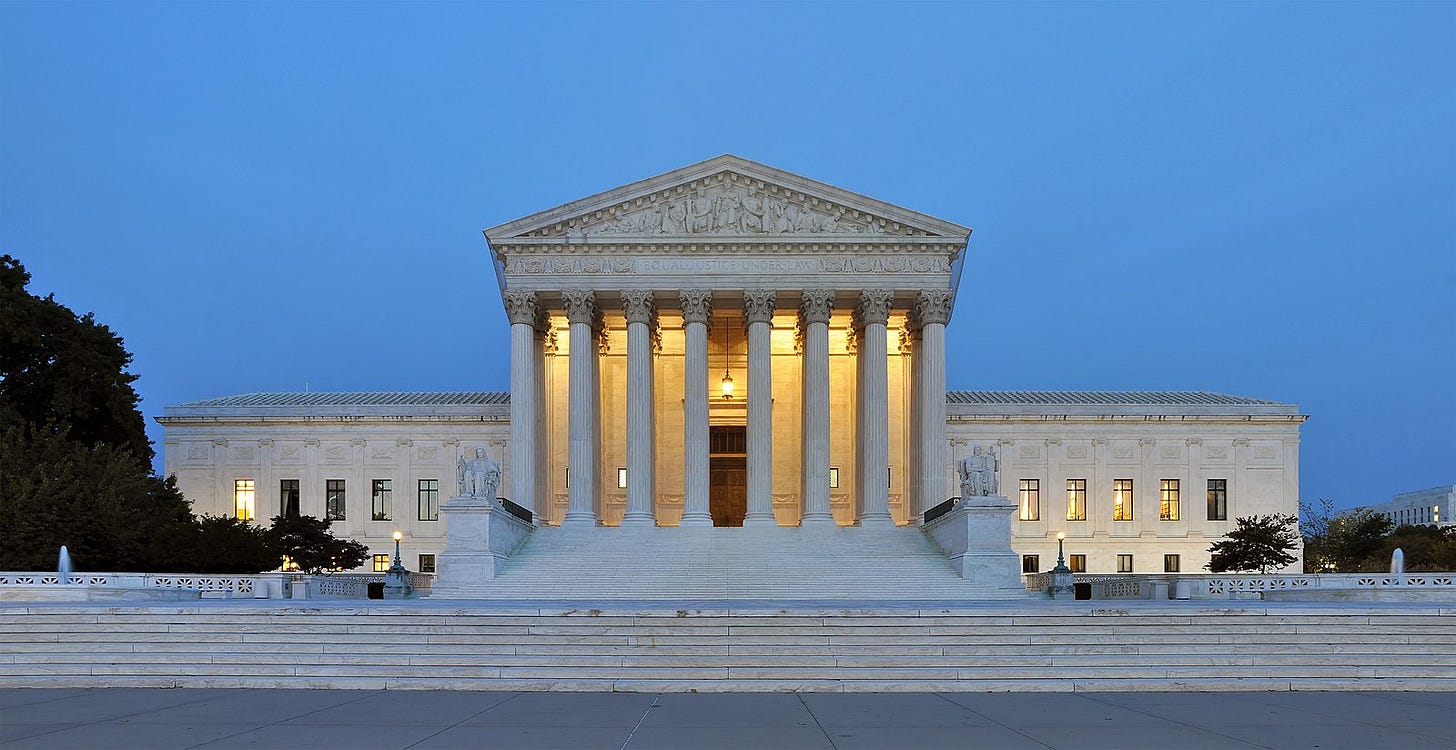Supreme Court OKs racial profiling by ICE
The Supreme Court’s 6-3 decision Monday lifted restrictions on federal immigration raids in Los Angeles, sparking fears among communities of color that they could face racial profiling under...
The Rebel Yellow - Issue #119
Trump’s immigration crackdown escalates as the Supreme Court clears ICE to resume race-based stops in Los Angeles, raising alarm across Asian American communities following mass arrests at Hyundai’s Georgia plant. In Wyoming, descendants of Chinese massacre victims return to honor their ancestors at one of America’s worst anti-Asian attacks. Nepal’s prime minister resigns after a deadly protest crackdown leads to military control. In Vancouver, the Chinatown stabbing trial reveals the suspect believed he was acting under divine command. Boston Mayor Michelle Wu wins re-election while defending immigrant protections, and RFK Jr. faces backlash for blaming video games and antidepressants for mass shootings. On the tech and culture front, Geoffrey Hinton warns AI will deepen inequality, and a hot mic catches Xi and Putin discussing living to 150.
Supreme Court OKs racial profiling by ICE

The Supreme Court’s 6-3 decision Monday lifted restrictions on federal immigration raids in Los Angeles, sparking fears among communities of color that they could face racial profiling under expanded enforcement powers.
Driving the news: The Supreme Court granted the Trump administration’s emergency request to overturn a federal judge’s July order that had barred Immigration and Customs Enforcement (ICE) agents from stopping people based primarily on race, language or type of work. U.S. District Judge Maame Frimpong had found that ICE’s “roving patrols” likely violated Fourth Amendment protections against unreasonable searches and seizures, but the high court’s conservative majority reversed her temporary restraining order without explanation, allowing agents to resume targeting individuals at car washes, parking lots and other locations where day laborers congregate.
Why this matters: While the immediate focus has been on Latino communities — with Justice Sonia Sotomayor writing in dissent that “all Latinos, U.S. citizens or not, who work low-wage jobs are fair game to be seized at any time” — Asian Americans are increasingly concerned about becoming collateral damage, particularly after ICE’s recent arrest of hundreds of South Korean nationals at a Hyundai facility in Georgia. The fears also come as the Trump administration reviews more than 55 million valid U.S. visa holders for potential violations, a process that disproportionately impacts Asian populations who represent the largest share of temporary visa holders in the country.
The decision also creates troubling parallels to the court’s 2023 ruling against race-conscious college admissions. California Atty. Gen. Rob Bonta, the first Filipino American to serve in the role, noted the contradiction: “How they prevent the use of race to tackle discrimination, but allow the use of race to potentially discriminate is troubling.” Federal data shows that California has the largest share of Asian immigrants, at 29%, in the U.S.
The big picture: The ruling’s implications extend far beyond Los Angeles, as ICE has launched “Operation Midway Blitz” in Chicago and “Operation Patriot 2.0” in Boston, cities with significant Asian American populations. With Justice Brett Kavanaugh’s concurrence stating that “apparent ethnicity alone cannot furnish reasonable suspicion” but can be “a relevant factor when considered along with other salient factors,” Asian Americans in certain industries or neighborhoods could face similar targeting based on appearance and occupation. Civil rights advocates warn that the decision undermines Fourth Amendment Rights and could have sweeping implications beyond the Latino community initially targeted.
What’s next: The case returns to California federal court later this month for further proceedings, but legal experts say the emergency ruling strongly signals the Supreme Court is unlikely to impose strict constitutional limits on immigration enforcement tactics. The 9th U.S. Circuit Court of Appeals had previously refused to lift Frimpong’s order on Aug. 1 before the Supreme Court’s intervention.


